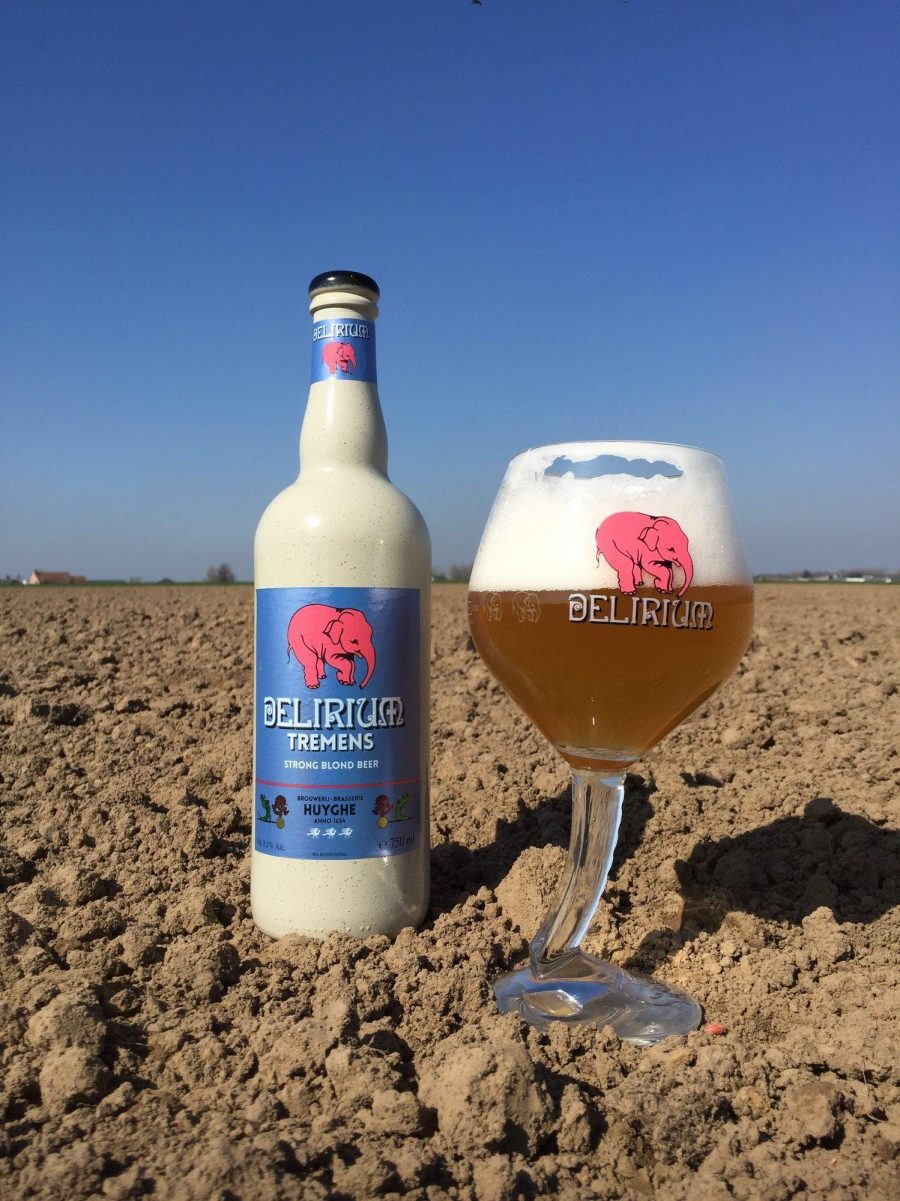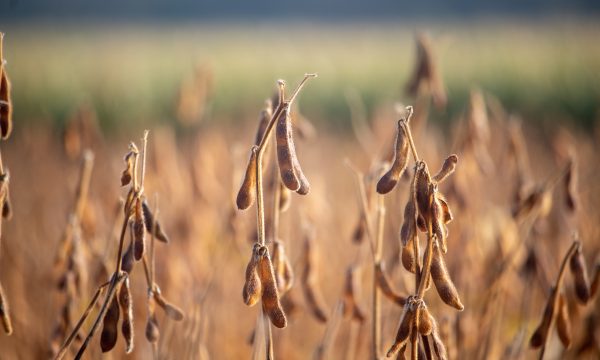Press release Local malting barley grown in Flanders? ILVO and Brouwerij Huyghe start an agricultural experiment

ILVO and Brewery Huyghe from Melle have just signed a Collaboration Agreement on the local cultivation of barley for malting. This was done in the presence of Flemish Minister for Agriculture and Fisheries Koen Van den Heuvel. For ILVO, barley is - after hops - the second brewery-related agricultural crop that is getting attention. Minister Van den Heuvel: "The food processing industry needs raw materials with certain technical characteristics. In this dossier, innovation and guidance will make it possible for Flemish agriculture to produce a characteristic local brewing barley in the long term. "
Local production
For years, Brewery Huyghe has been investing in the sustainability of its production process, and with this cooperation also moves towards more local resources. The barley, which is converted to malt to make it suitable for the brewing process, now comes mainly from abroad. "Thanks to this collaboration with ILVO we will be able to use about 60 tons of barley from our local soils. We have also recently started a test with Belgian hops. Where possible, we draw on the use of local raw materials", says Alain De Laet (CEO of Brewery Huyghe).
Ambitions of Brewery Huyghe
Barley for malting is a summer barley with a relatively low protein content. Most of it is now being imported from European grain producers such as Denmark and France. Alain De Laet: "We want to be the first large brewery in Flanders to work with locally-grown barley, malted by a local malter. It fits in with our desire for a sustainable product, with a low CO2 impact and therefore preferably with fewer food kilometers. If we can achieve a good quality level, there is certainly a potential for growth."
Huyghe needs about 3600 tons of malt every year to brew 200,000 hectoliters of beer. The brewery's core brands are Delirium (Tremens, Red, Nocturnum, Argentum), La Guillotine and Averbode abbey beer. Over 80% of beer production is exported to more than 100 countries worldwide.
Over the last 10 years, Huyghe has doubled its beer production. Thanks to heavy investment in sustainability programs, the brewery has halved its required amount of water and energy per liter of beer. They already have the ambition to become the greenest brewery in the country, and the use of local raw materials is already bringing the brewery closer to their green dream.
ILVO and raw materials for the brewery sector: hops, and now also barley
ILVO gives attention to so-called smaller crops - those with a small, or nonexistent, cultivation area in Flanders – on the condition that there is a sustainable future market for those small crops. Barley for malting meets that condition.
Summer barley is an annual late flowering barley that is sown in February and harvested late in the same year. The crop does not need much fertilization. Until the Second World War, Flemish peasants grew summer barley. Later, warmer countries specialized in the crop and Belgians moved on to other one-year industry crops such as beet, potato, fodder wheat, and maize.
Kristiaan Van Laecke (ILVO Plant Sciences): "Working on barley fits into our research into new or forgotten local crops. The demands regarding taste effects and specific qualities is intriguing for our researchers. It is a matter of looking IN the plant for specific desired characteristics, and then relating those with local growing and environmental conditions."
It is initially intended that ILVO will experiment on 8 hectares of test field with summer barley in the rotation.
Taste, (aromatic) hops and the influence of the 'terroir' on hop quality
For brewers it is also important to be able to work with hops of a stable quality. In the specialty beers growth market there is also a need for more diverse selection of – aromatic or older – types of hops, such as an acidic, fruity or herbal aroma, etc.
ILVO has worked intensively on hops. Hilde Muylle (ILVO): 'Together with the pilot brewery from Lochristi, we have worked on a 'library' of genetic identity cards from hop varieties on the basis of DNA fingerprinting research on very diverse batches. The DNA fingerprinting technique can now be applied to determine the authenticity of a batch of hops. Questions about varietal and varietal purity in hops sowing and planting can also be answered in the future.'



